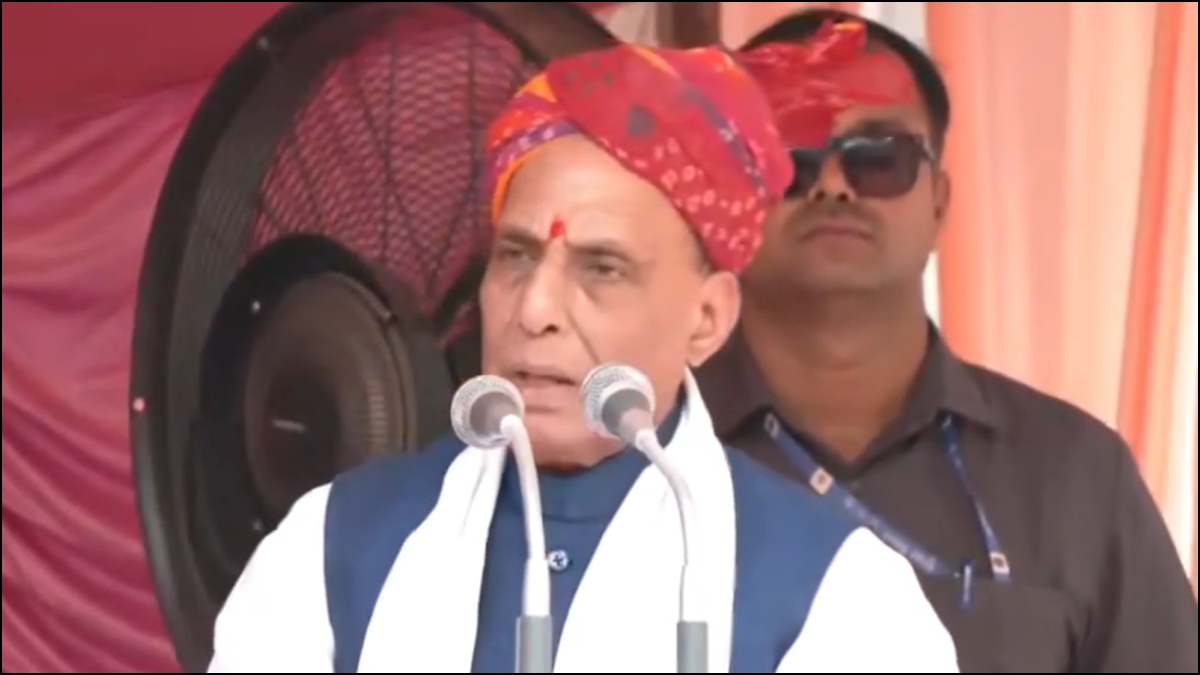 |
|
The upcoming Jammu and Kashmir elections have become a battleground of political rhetoric, with prominent leaders engaging in heated exchanges. In a recent election rally, Defence Minister Rajnath Singh launched a scathing attack on National Conference vice-president Omar Abdullah, criticizing his comments regarding the execution of Afzal Guru, the 2001 Parliament attack convict. Singh questioned Abdullah's stance, rhetorically asking if Guru should have been publicly garlanded instead of hanged. This sharp rebuke reflects the tense political climate in the region, where the legacy of the Parliament attack and the subsequent legal proceedings remain a sensitive subject.
Singh's speech went beyond the Afzal Guru controversy, extending to the issue of Pakistan-occupied Kashmir (PoK). Addressing the residents of PoK directly, he urged them to join India, emphasizing that unlike Pakistan, India considers them as its own. This appeal comes in the backdrop of Pakistan's recent affidavit, which referred to PoK as a foreign land. Singh's statement signifies the BJP's stance on the issue, advocating for PoK's integration with India. This stance could be perceived as a bid to gain support from the Kashmiri diaspora in PoK, potentially influencing their electoral decisions.
The Defence Minister's address also focused on the controversial Article 370, a special status granted to Jammu and Kashmir. Singh criticized the National Conference-Congress alliance for their election promise to restore Article 370, asserting its impossibility as long as the BJP remains in power. He highlighted the significant improvements in security and development in Jammu and Kashmir following the abrogation of Article 370 in 2019, citing a decrease in stone-pelting incidents and a shift towards a more prosperous and secure region. This argument underscores the BJP's narrative of progress achieved under their rule, emphasizing the benefits of Article 370's removal. This approach attempts to sway voters by associating the BJP with positive change and prosperity in Jammu and Kashmir.
Singh's speech, filled with strong statements and direct appeals to the electorate, reflects the BJP's strategy for the upcoming elections. By targeting specific issues, including the Afzal Guru controversy, the PoK situation, and the implications of Article 370, the party aims to consolidate its political base and secure victory in the region. The National Conference-Congress alliance, in response, is likely to counter these arguments, emphasizing their own vision for Jammu and Kashmir and appealing to the voters' concerns regarding development, security, and the future of the region.
Source: 'Should Afzal Guru have been garlanded publicly?': Rajnath Singh hits back at Omar Abdullah
